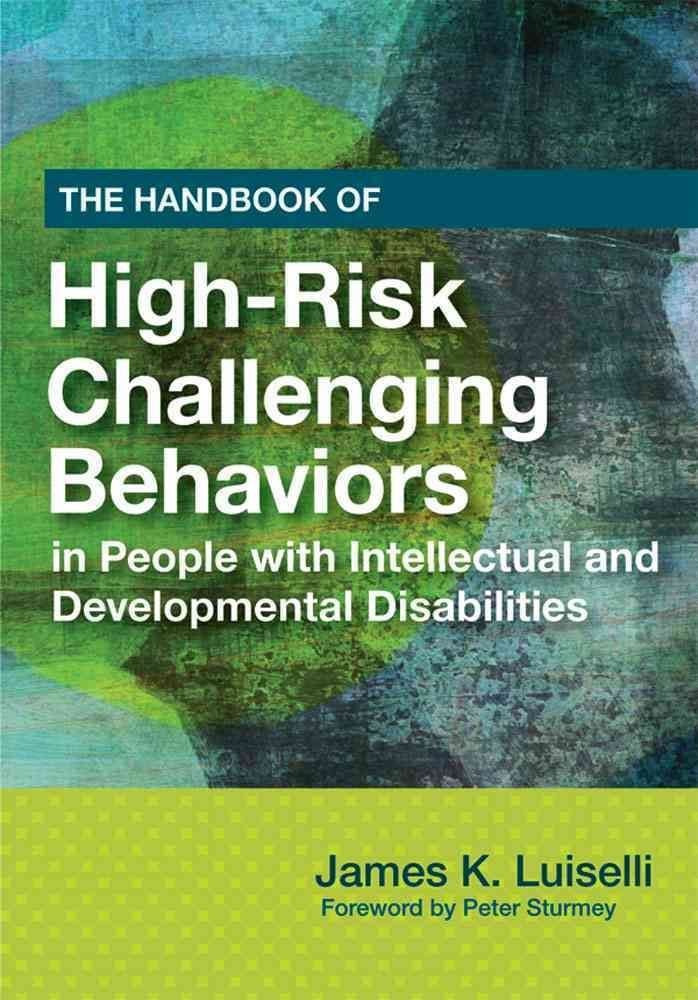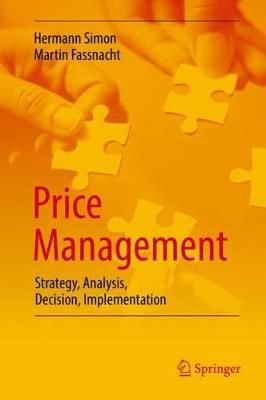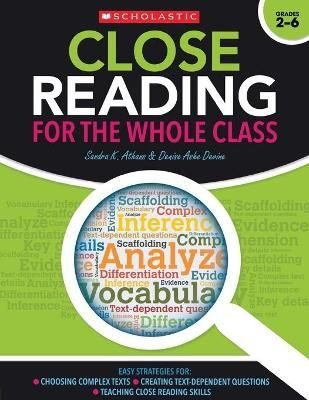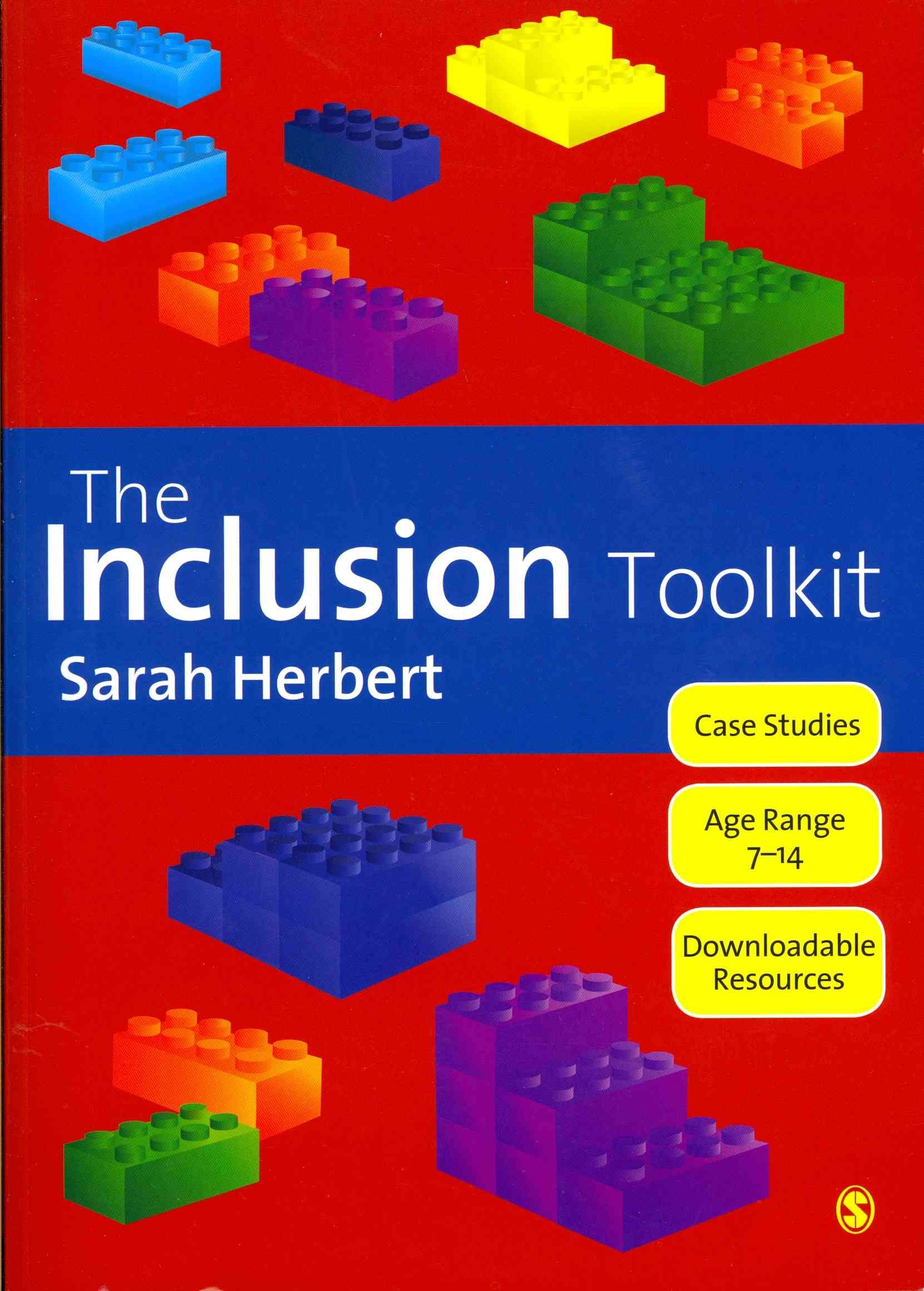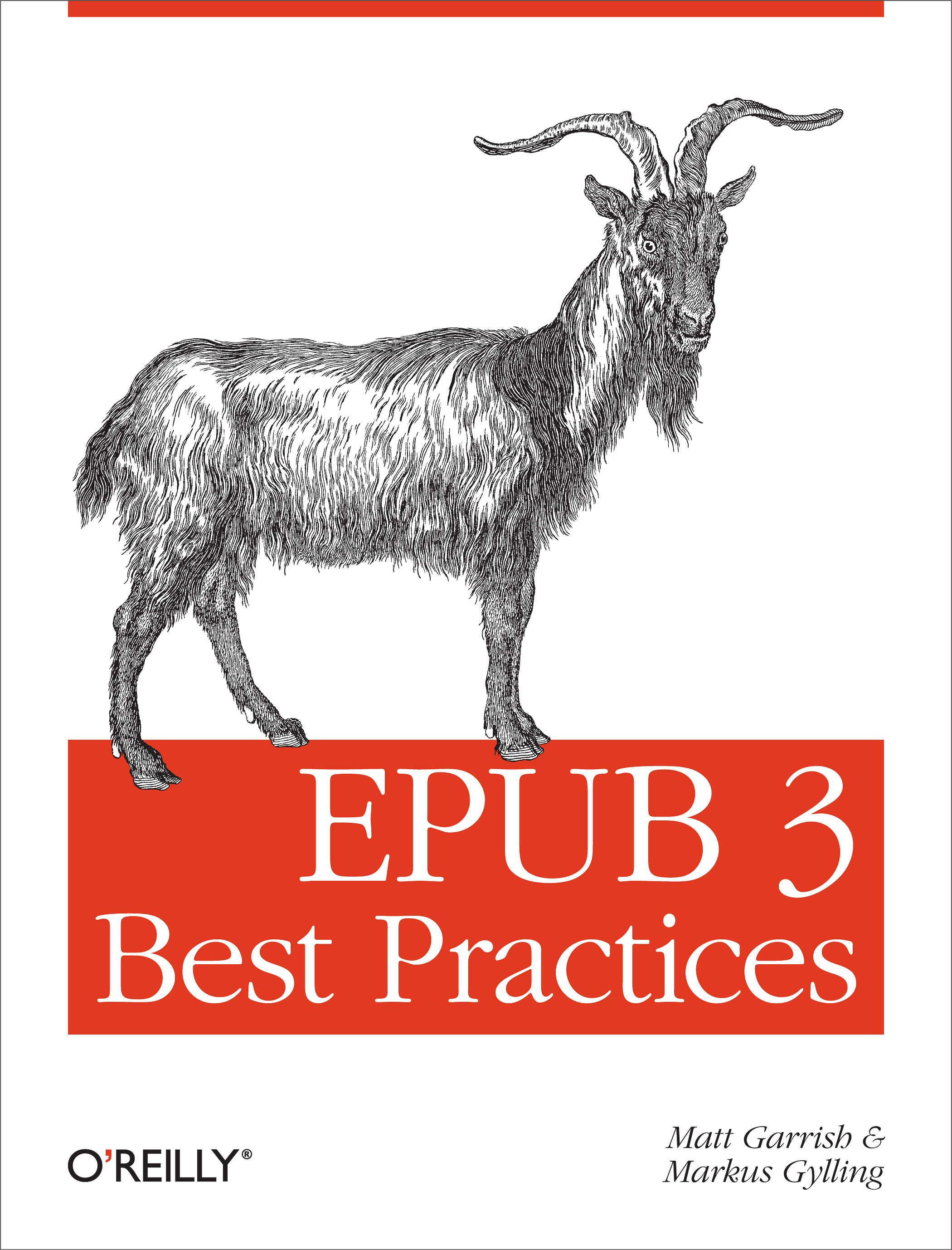Aggressive and destructive behaviors are an ongoing challenge for many children, adolescents, and adults with intellectual and developmental disabilities (I/DD). What’s behind these high-risk behaviors and how can professionals help manage them? Discover the answers in this comprehensive text, the most up-to-date compendium of knowledge on addressing challenging behaviors in the least restrictive settings using evidence-based, empirically supported practices. With contributions from more than 30 prominent clinicians and researchers, this book gives readers cutting-edge research and clear assessment and intervention guidelines in six key topic areas: Self-Injurious Behavior. Explore the behavioral and biological variables that contribute to self-injury, and learn the principles of effective function-based assessment and behavioral intervention. Aggressive Behavior. Investigate environmental factors linked with aggression, take a biopsychosocial approach to assessment and therapy, and learn about treatment options such as reinforcement procedures and functional communication training. Sexual Offending Behavior. Conduct reliable risk assessment for sexual offenses and consider multiple options for intervention, including the highly effective Problem-Solving Therapy (PST). Health-Threatening Eating Disorders. Determine the causes of pica, ruminative vomiting, and obesity?and get strategies for decreasing destructive eating behaviors and encouraging healthful choices. Criminal Behavior. Examine the latest information on people with I/DD in the criminal justice system, including demographic data, methods of screening for disabilities, and the death penalty and related legal concerns. Therapeutic (Physical) Restraint. Learn from thoughtful exploration of the complex, much-debated issue of restraint. Explore what the research says, find out which strategies can help reduce or eliminate the need for restraint, and get staff training guidelines to ensure safe and ethical …
